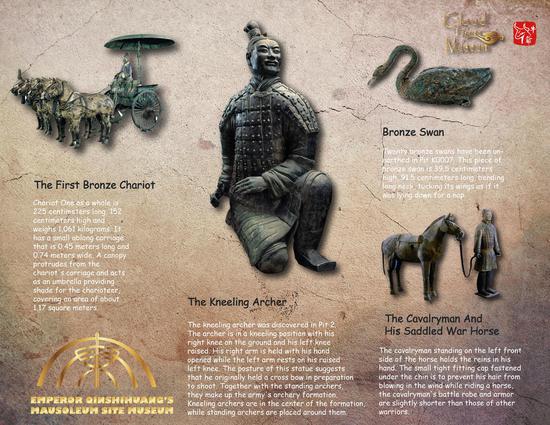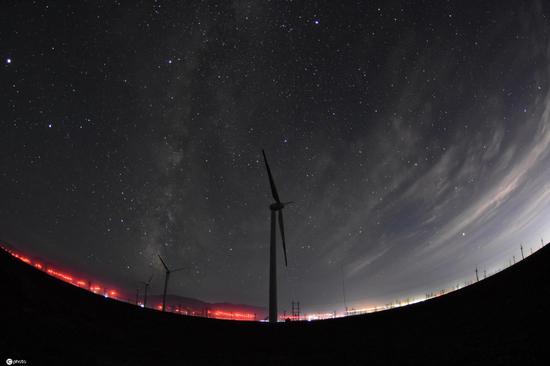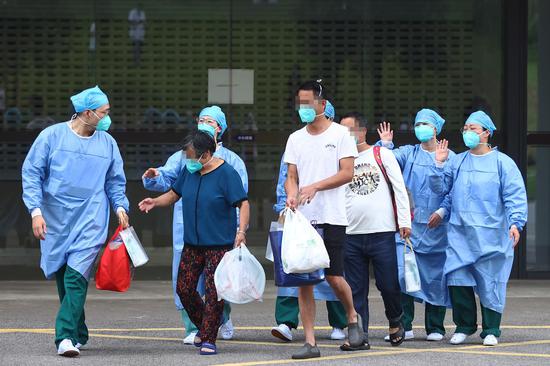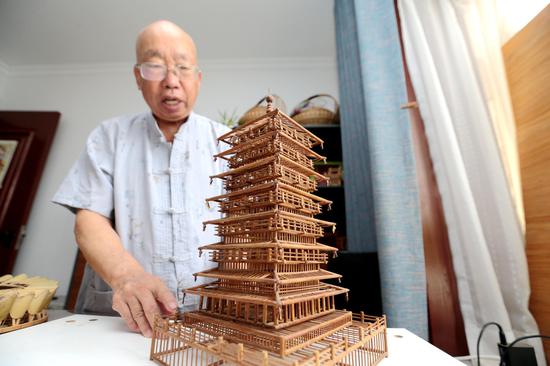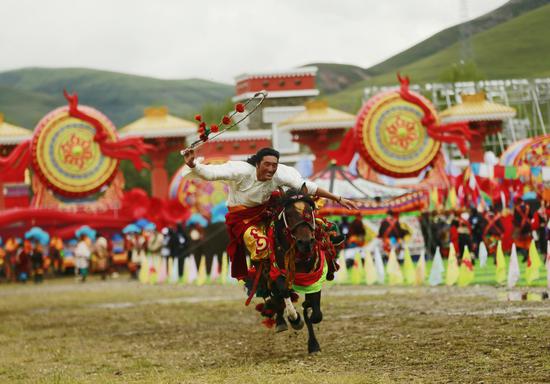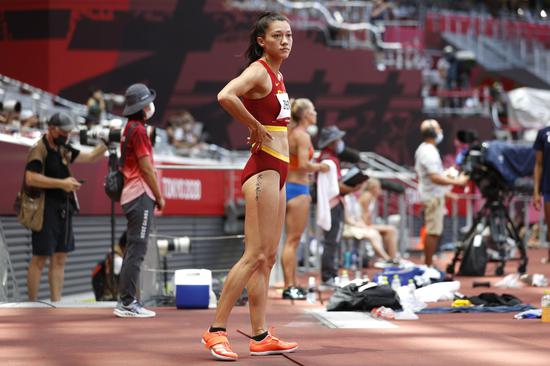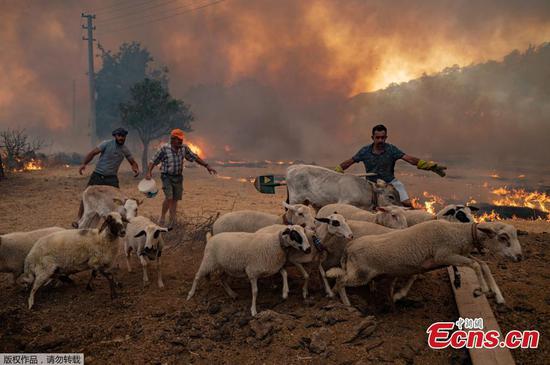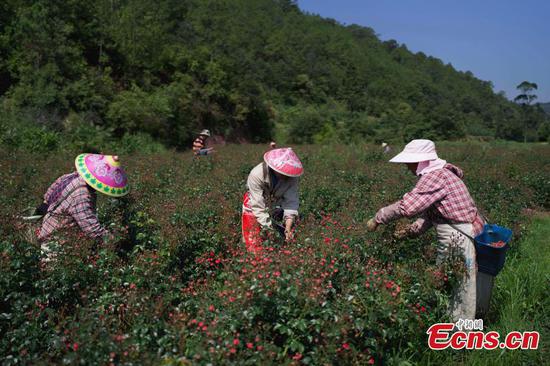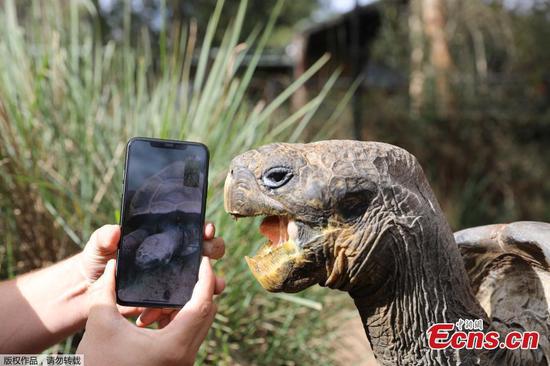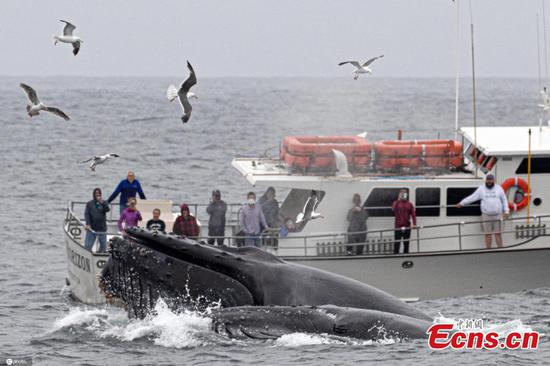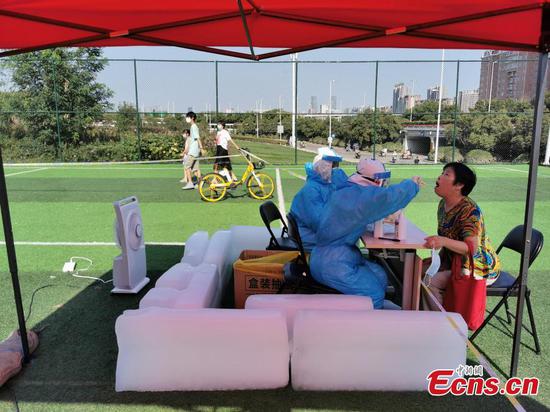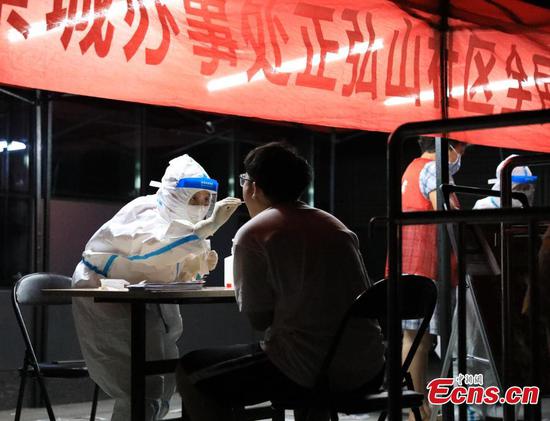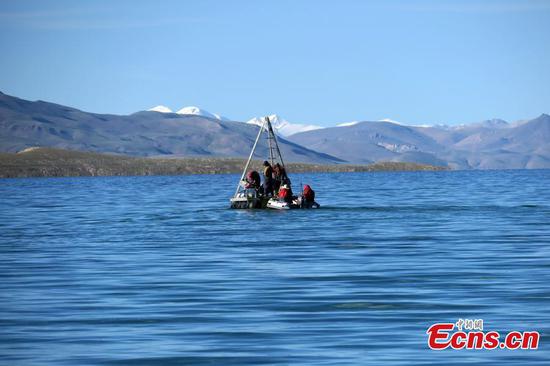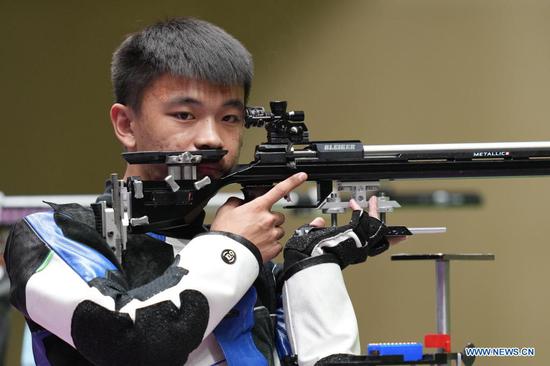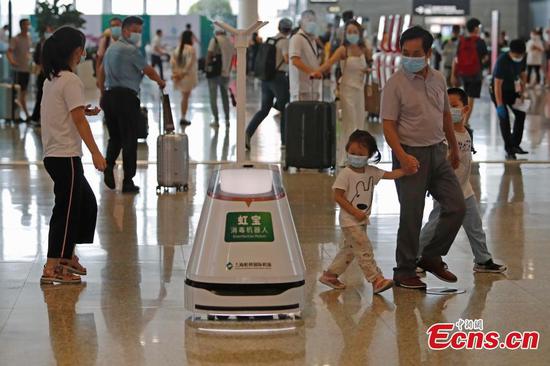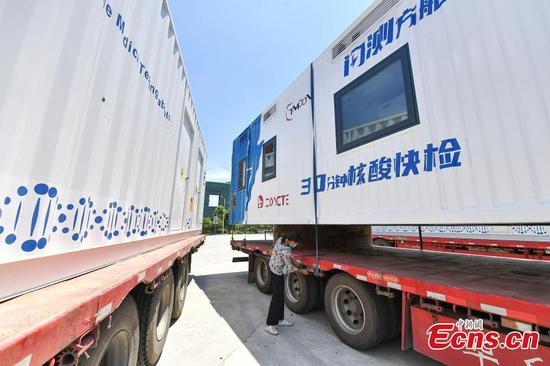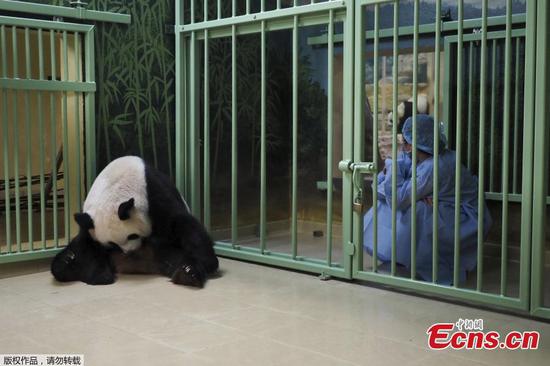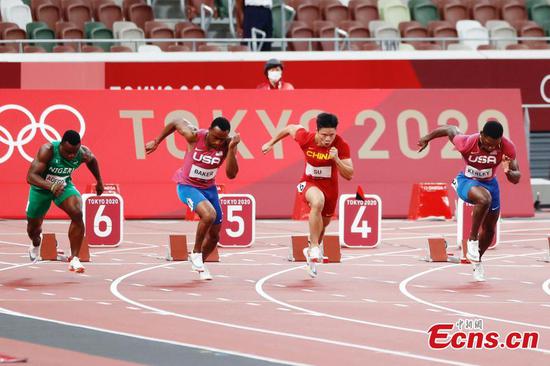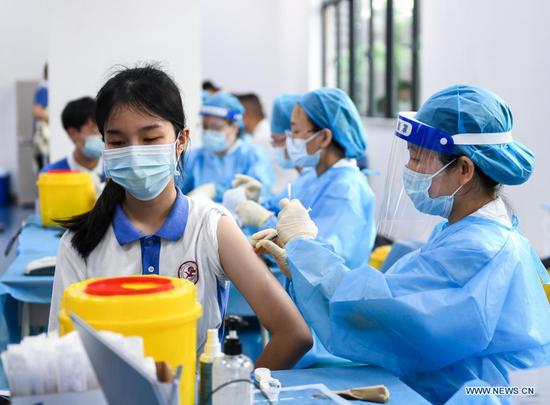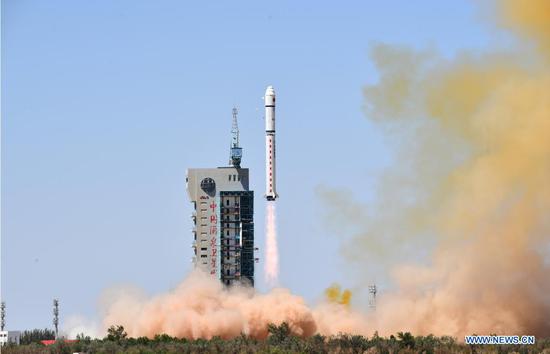Opaque U.S. biosecurity system
UNC lab accidents are only a tip of the iceberg when it comes to the U.S.’ porous biological labs system. In 2015, a USA Today investigation revealed “hundreds of lab mistakes safety violations and near-miss incidents” that have occurred in biological laboratories coast to coast in recent years, which put “scientists, their colleagues and sometimes even the public at risk.”
Several Chinese virologists and biologists who had dealt with their U.S. peers shared their concerns over the U.S.’ non-transparent biosecurity system, which, as was noted by many, lacked adequate information reporting and supervision mechanisms.
Some U.S. labs preserve samples of the viruses they uncover instead of reporting them, said Yang Zhanqiu, a virologist at Wuhan University. “Some samples are even held for decades,” Yang told the Global Times.
The lack of bottom-up messaging is also a big problem, noted Li. Usually front-line labs carrying out confidential or sophisticated biotechnology projects won’t be punished if they don’t report, or only report part of the whole story with upper-level acquiescence or ignorance, Li said. “That’s why the U.S. government or even the president occasionally just say ‘I don’t know’ in responding to media and the public’s enquiries – they indeed don’t know what is exactly going on [at front-line labs],” he added.
For the six coronavirus-related incidents at UNC labs, the university declined to answer questions about the incidents or disclose key details to the public, including the names of viruses involved, the nature of the modifications made to them, and what risks were posed to the public, ProPublic said, noting this was “contrary to NIH guidelines.”
UNC has seemingly paid no price for its reticence. Numerous similar cases have exposed supervision loopholes in biosecurity system, some insiders have noted, warning that it may lead to a few U.S. individual researchers or labs “do whatever they want.”
At University of Iowa, scientist Stanley Perlman launched work for the deadly MERS virus without faculty approval, the Des Moines Register reported in December 2014. Worse still, Perlman’s team conducted the MERS research in a biosafety level-2 lab, instead of a level-3 facility as is required by federal regulators, it said.
The university was also accused of “improperly withholding forms” that would allow the public to assess “whether any of the deadly agent imported from a collaborator in Spain was stolen, lost or released,” according to Des Moines Register.
Li, who has personally dealt with U.S. experts, told the Global Times that although the U.S. government’s policies in biosecurity seem cautious and mild, a few individual researchers (often with military connections) at front-line labs without foreign technical verification are “innovative, open and audacious,” he said.
Considering the leading biotechnology posture of U.S. and an intentional ignorance of government departments, Li thinks there is the possibility that individual researchers or teams in the U.S. may have, for example based on its considerable collection of coronavirus strains, secretly modified a virus precursor like COVID-19 without permission. “We can’t simply rule it out.”










